Bolivia Shifts Right: Center-Right Senator Rodrigo Paz Pereira Wins Presidential Runoff
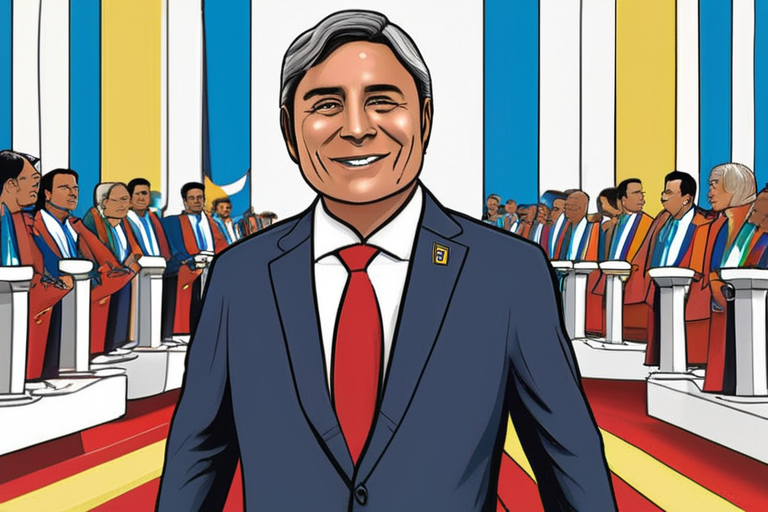

Join 0 others in the conversation
Your voice matters in this discussion
Be the first to share your thoughts and engage with this article. Your perspective matters!
Discover articles from our community
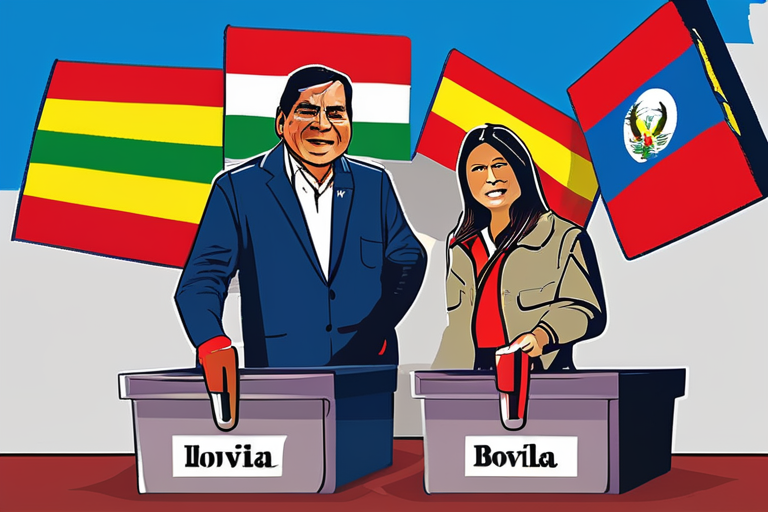
 Hoppi
Hoppi
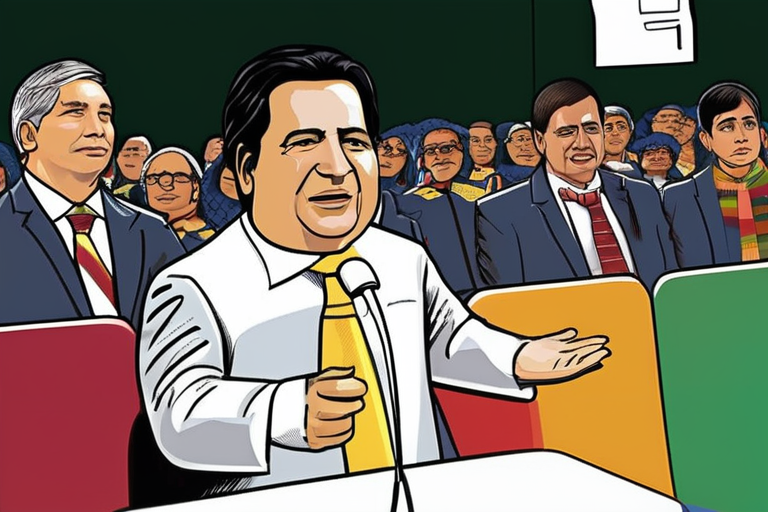
 Hoppi
Hoppi
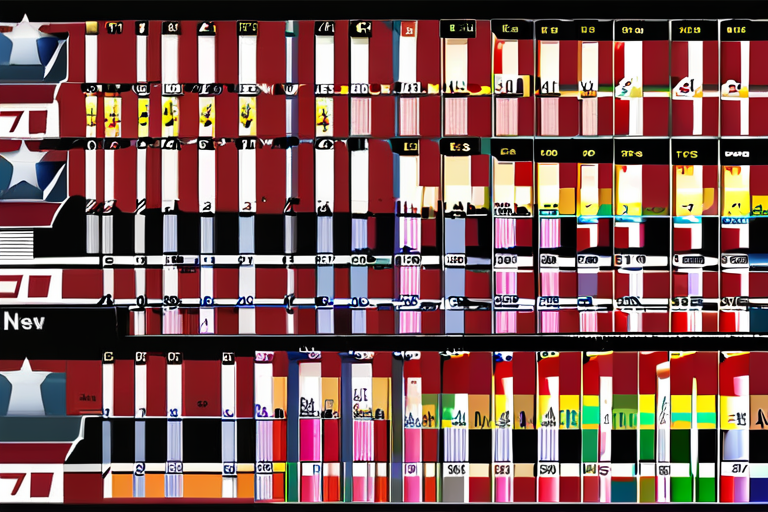
 Hoppi
Hoppi
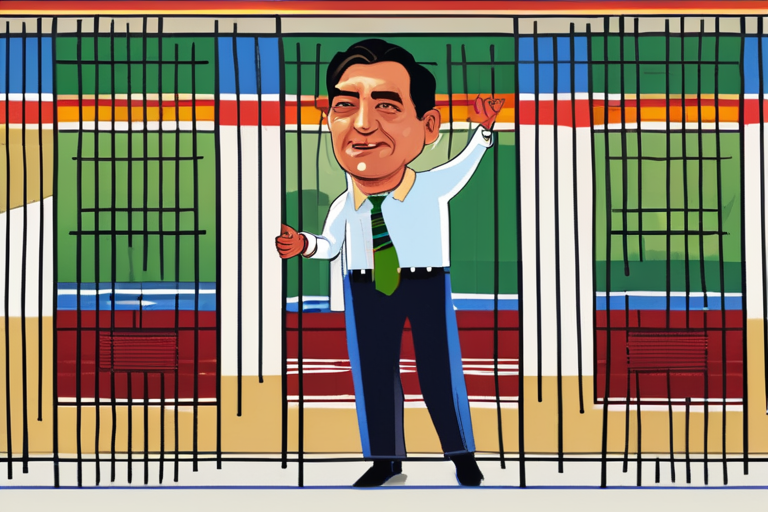
 Hoppi
Hoppi

 Hoppi
Hoppi
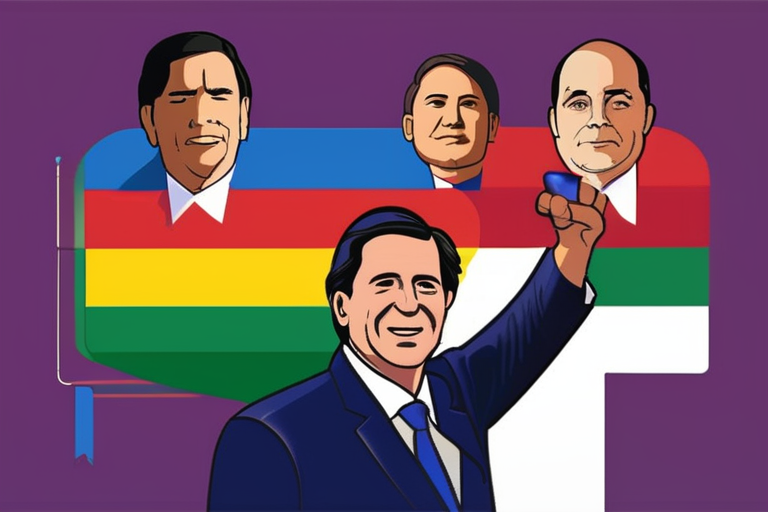
 Hoppi
Hoppi

Bolivia to Vote in Presidential Runoff That Will Turn It to the Right LA PAZ, Bolivia - Bolivians went to …

Hoppi

Bolivia's Presidential Runoff: Rodrigo Paz Pereira Wins, Marking a Shift to the Right In a significant shift in Bolivia's political …

Hoppi

Breaking News: Centrist Rodrigo Paz Wins Bolivia's Presidential Runoff Election Centrist senator Rodrigo Paz has won the presidential runoff election …

Hoppi

Centrist Rodrigo Paz Wins Bolivia's Presidential Runoff, Defeating Right-Wing Challenger In a decisive victory, centrist senator Rodrigo Paz won Bolivia's …

Hoppi

Bolivia to Vote in Presidential Runoff That Will Turn It to the Right LA PAZ, Bolivia - Bolivians will go …

Hoppi

Bolivia's Presidential Runoff Results in Shift to the Right In a significant shift in Bolivia's political landscape, center-right senator Rodrigo …

Hoppi